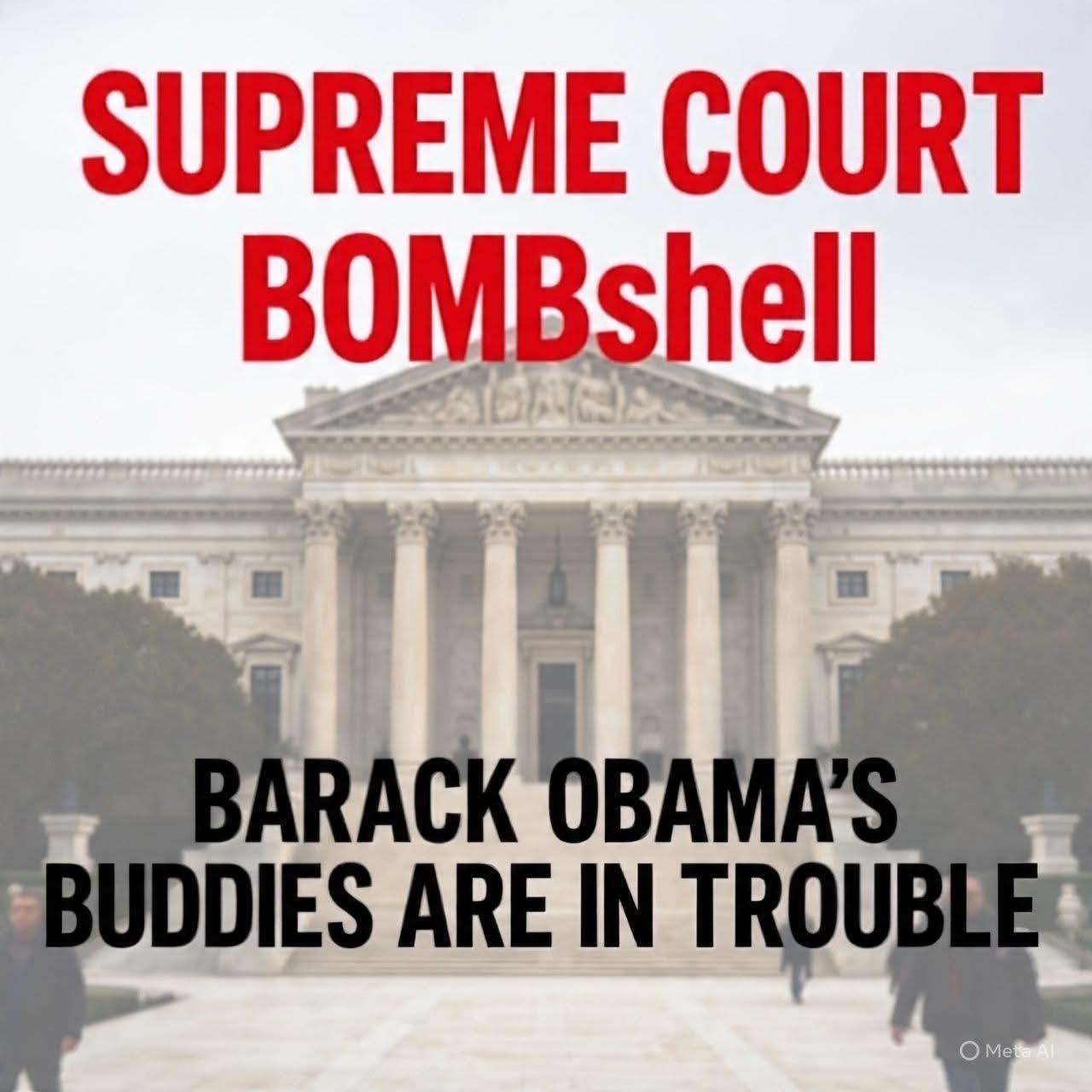In a historic decision, the U.S. Supreme Court has ruled that presidents are shielded from prosecution for official acts carried out during their time in office. The landmark judgment has sent shockwaves through Washington, igniting fierce debate over the scope of presidential power and its implications for future administrations.
Former President Donald Trump, who has been a central figure in multiple legal battles, responded to the ruling with a pointed remark: “He owes me big.” While many expected Trump to focus on how the decision might benefit him personally, the former president instead shifted the spotlight toward former President Barack Obama’s inner circle.
According to Trump, the real significance of the ruling lies in potential consequences for political rivals. He accused Obama of being the “leader of the gang” behind what he called the Trump-Russia collusion “hoax.” Trump alleged that in 2016, high-level officials in the Obama administration orchestrated an intelligence operation — not to protect election integrity, but to undermine him before he ever stepped into the Oval Office.
The accusations center on the origins of the Russia investigation, a politically charged probe that dominated the early years of Trump’s presidency. While multiple inquiries have since examined the matter, the debate over its legitimacy remains deeply divisive.
Adding fuel to the controversy, former congresswoman and presidential candidate Tulsi Gabbard weighed in on the matter. Gabbard, known for breaking with her party on several major issues, called for greater transparency and accountability in intelligence operations. While she stopped short of endorsing Trump’s claims, she emphasized the need for bipartisan oversight to ensure political neutrality within federal agencies.
The Supreme Court’s immunity ruling does not directly address these allegations. However, legal experts note that the decision could influence future cases involving high-ranking officials, potentially limiting the scope of prosecutions related to actions taken in an official capacity. Critics warn that such broad immunity risks placing presidents above the law, while supporters argue it is essential for protecting executive independence.
As the political battle lines harden, the ruling has become more than a legal precedent — it’s a flashpoint in an ongoing struggle over power, accountability, and the legacy of recent presidencies. With both Trump and his opponents framing the decision as a vindication of their respective positions, the national conversation is poised to grow even more contentious in the months ahead.
